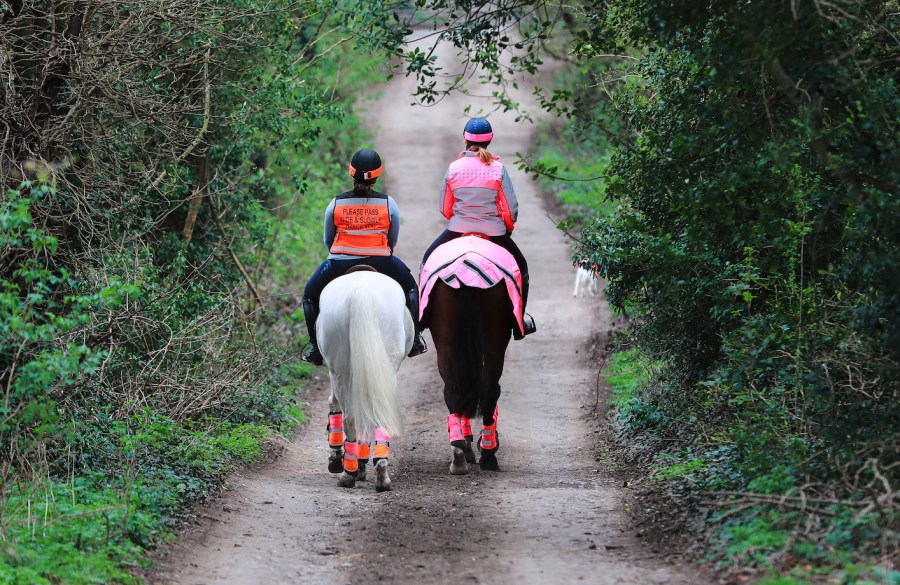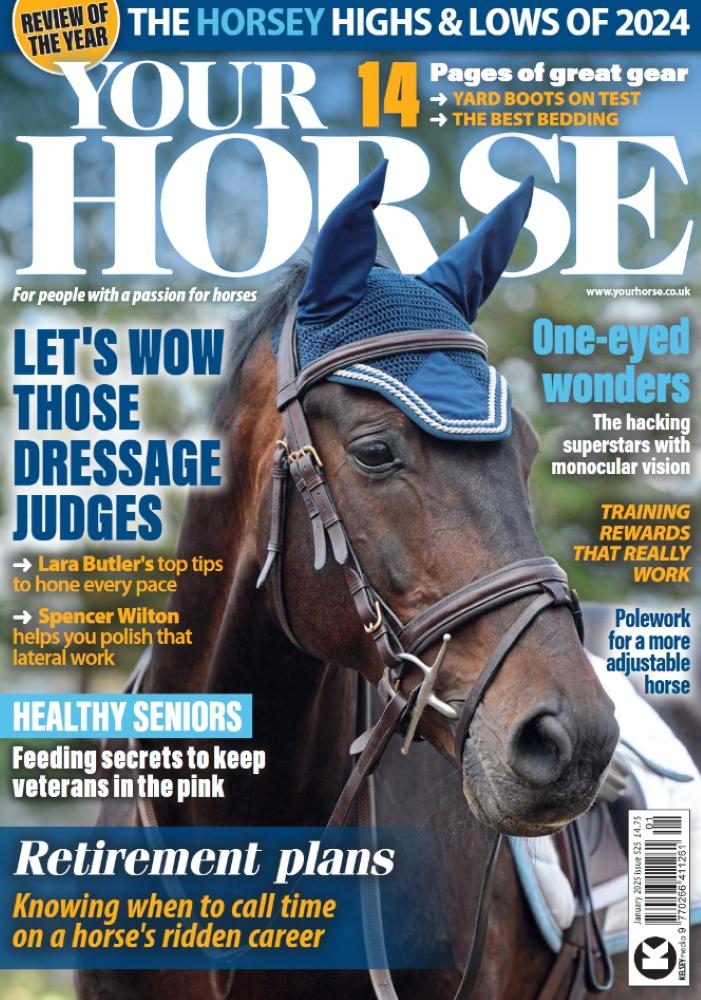The changing role of the horse on our roads has been highlighted at the Saddle Research Trust Conference (11 December).
Dr Dee Pollard, research analyst the British Horse Society (BHS), spoke at the event entitled Welfare & Performance of the Ridden Horse: The Future.
She highlighted the study she conducted with colleagues into equestrian’s experiences when using roads in the UK, which found riders endure high levels of stress and risks on our highways, but that things haven’t always been this way.
“Over the last 100 years we’ve seen this massive shift in how horses are used on roads and how other road users perceive them,” she said.
“We’ve seen a dethroning of a horse as the king of the road to a less prioritised road user. Before motorised vehicles came along horses were used for everything, from personal to public transport, to agriculture, to the transport of good as over the country, and even back then there were some people who were in the horse’s corner.
“For example [in a historic newspaper advert] it says, ‘Dobbin will take you through snow and mud as well as on good roads, and its carburettor is never going to run out of water’.”
Dr Pollard’s study involved over 7,000 participants and revealed that only three percent of equestrians never felt stressed or anxious when using roads, while 43 percent did so more than half the time.
The main contributors to this stress or anxiety were considered to be the behaviour of other road users, 93 percent, and the characteristics of the road, 62 percent.
Focus groups were used as part of the study and participants said they considered road safety as a shared responsibility, and that everyone “had to do their bit”.
“Unpredictability of horses was something important non-equestrians didn’t always think about,” said Dr Pollard. “Riders felt additional pressure to do more to keep themselves and other road users safe. But rules weren’t always enforced and other road users were not always aware of how to behave around them
“Equestrians felt marginalised, they didn’t feel welcome on the roads due to the behaviour of some other road users, but also felt there was difficulty for them to access off-road routes. Risk was seen as an inherent part of road use.”
Dr Pollard said an enduring theme was under-reporting of incidents.
“We saw massive under-reporting and involvement of police,” she said. “There is a lack of evidence of how frequent these incidents are. We would urge anyone to report an incident they have had both to the police and to the BHS.”
Riders can report road incidents on the BHS’s Horse i app, which is free to download.










